
Edison Child Support Lawyers
Child support is an ongoing payment made by the non-custodial parent to the custodial parent. The payment is for the maintenance and well-being of the child or children. New Jersey believes that children should not be affected by the financial decisions of their parents; just because children have either divorced parents or an out-of-wedlock birth, they should not be deprived of what other children of intact families are given financially. If you’re facing a child support issue of any kind, please don’t hesitate to contact our skilled Middlesex County divorce lawyers today.
Child Support Lawyers Serving Clients in New Jersey
Child support is very nuanced. There are items and expenses that many people believe are covered by child support, but they are not. The New Jersey Court Rules provide over a hundred pages of Guidelines that establish child support payments. Our seasoned child support lawyers are familiar with these Guidelines and other factors courts consider when determining child support, and we stand ready to use this knowledge and experience to you and your child’s benefit.
How is Child Support Calculated in New Jersey?
Child support cases arise frequently in New Jersey, as there are frequently issues between the payee and the payor. That said, New Jersey is among 38 states that use a specific economic model when determining child support payments.
This model, called the “Income Shares Model,” states that the child(ren) should receive the same proportion of parental income that they would have received if their parents lived together. This goes on State tax because, in an intact family, parents typically pull their money together to spend for the benefit of all household members. This is part of how child support is calculated.
Under What Circumstances Does a Person Need to Pay Child Support?
Child support is an obligation for any individual who has had a child but is no longer in a relationship with the other parent, or what is called an “intact family.”
Child support is a continuous duty for both parents. The children are entitled to share in the current income of both their parents because the right to child support belongs to the child. It does not travel to the custodial parent.
The children should not be the economic victims of divorce or an unmarried parent’s birth. A person might need to pay child support if they have a child. Just because a person does not have contact with the child does not mean that he or she does not have an obligation to pay child support.
Issues That Arise in Child Support Cases
A multitude of issues can arise in child support cases which can include: voluntary underemployment, one parent returning to work after an employment gap, and inclusion of unearned and earned income. It is difficult to predict what issues may arise in child support cases. The child support lawyers at Arndt & Sutak, LLC have the knowledge and experience to resolve all issues that may arise.
Legal Requirements Concerning Paying Child Support
An obligation for the non-custodial parent to pay child support can either be generated by an agreement between the parties or by an Order through the Court.
The custodial parent can seek enforcement of the parties’ agreement or the Court Order through an application with the Court. The benefit of these enforcement proceedings is to keep the non-custodial parent current on his or her child support obligation and to establish arrears. Arrears are unpaid support and are the paying parent’s responsibility even after a child support obligation has been terminated. This way, it is written down in a court order that can be enforced if the non-custodial parent fails to make child support payments and the obligation has been established with the court.
A New Jersey child support lawyer from Arndt & Sutak, LLC can ensure that the non-custodial parent upholds their obligation and can take legal action if they do not.
Child Support Paid through Probation
When child support is established through the court, the custodial parent can request that the child support be paid either directly from the non-custodial parent to the custodial parent or through probation. If it is paid through probation, the custodial parent has to pay a fee to set up the account. Child support paid through probation allows the court to check if the payments are made, when payments were made, and how much the arrears are, if any. Probation can actually enforce child support payments that go unpaid.
Unpaid child support could lead to:
- An arrest warrant
- A court order for the immediate payment of past-due support
- A passport application can be denied
- Whether an initial application or renewal as the NJ Child Support Program will refer this matter to the Federal Office of Child Support Enforcement if the obligor owes more than $2,500.00.
- Income withholding
- Credit reporting
- Intercepting a tax return
- Intercepting a lottery price
- License suspension – driver’s, professional, or recreational
- Court enforcement
- Judgments being entered against the obligor
Contact Our New Jersey Family Lawyers
The court rules that guide the modification of child support are extensive with a large appendix and are designed to guide the court in specific situations. Our experienced New Jersey child support lawyers have an understanding of how and when to file an application for modification of child support, which is difficult to navigate. Contact Arndt & Sutak, LLC today so we can get started working on your case.
© 2025 Arndt & Sutak, LLC.
All rights reserved. Attorney advertising.




